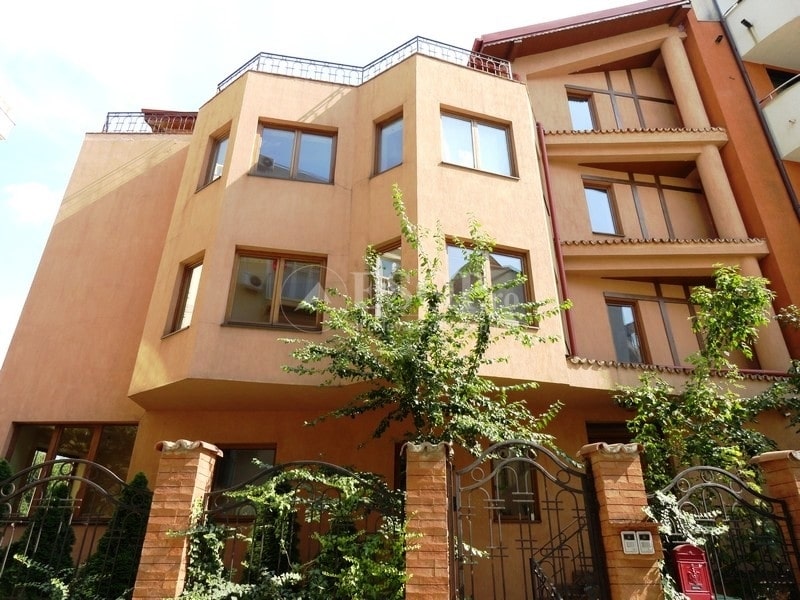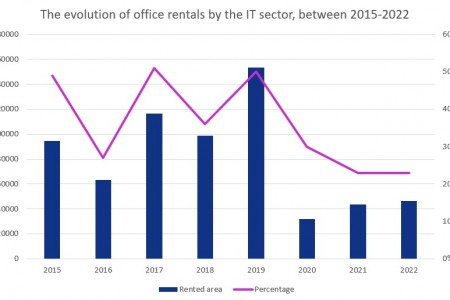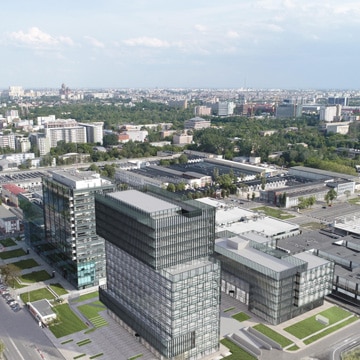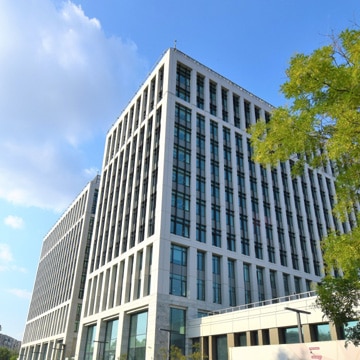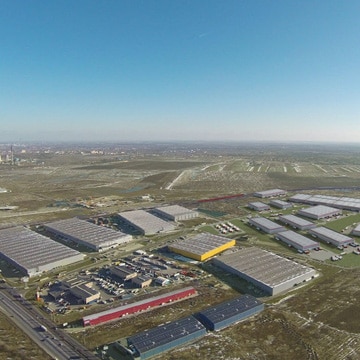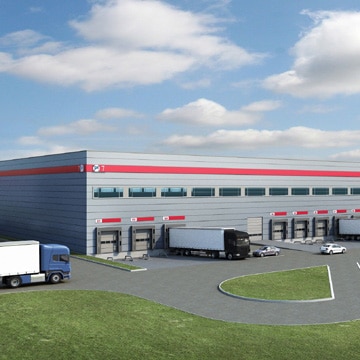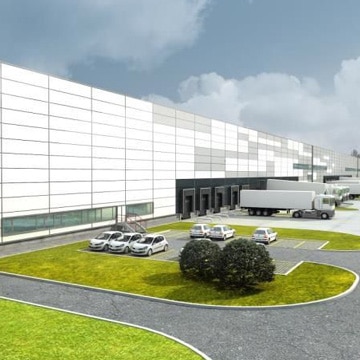The first steps to a new home
Buying a home is a complex process that requires patience, energy, attention to detail, and, at the same time, a lot of determination. Each of us dreams of the perfect home and already has in mind a more or less clear image of the ideal home.
However, the race for a house requires compromises, clarity, and a careful analysis of the financial power we can count on. On the other hand, choosing a home means finding an optimal ratio between our needs and our possibilities. The market survey, the first phase of the search for an apartment, is therefore based on a robot portrait of the house, formed by the realistic preferences of the applicant.
We need to keep in mind some principal coordinates: budget, area, number of rooms, and area. It is beautiful to let our imagination fly and try to find the home of our dreams at the same time.
- THE BUDGET is the one that determines us to be realistic and to correlate our needs with what the market offers us. We recommend that the first step before starting the actual search for housing is to establish the budget we want to allocate. Regarding this aspect, it is important to clarify: the optimal budget and the maximum budget to be prepared for that situation in which we find an offer that we like very much and try to raise a little. A particular case is when the purchase is made through a loan. It is essential that before starting the actual search we go to a loan consultant to do a SCORING and determine how to pay the money: you can give money and on stages of execution (as required by most owners) or the money is provided only after the tabulation of the property (when the transfer of ownership is made, and the mortgage can be put). The banks’ offer has become more and more attractive, and it is good to know from the beginning, which is the financing variant that benefits us the most. The payment methods are as important as the budget when we take into account buildings under construction, where developers request payment in installments. At the end of the pre-contract, the developers ask for a minimum of 25% of the apartment price, representing the first payment tranche. The next stage registers two tendencies: the payment of the remaining 75% after the final contract (the most comforting option for buyers), or the payment in execution stages. In establishing the budget, other additional costs, such as the notary’s fee, must be taken into account. After we have clarified the budget and the payment methods, the next step is to establish the type of home; we can opt for an apartment in a new residential building, villa, or apartment in the villa, villa with a garden outside the city, villa in the complex, etc. The differences between them are innumerable, each presenting advantages and disadvantages. However, if we know very well what we are looking for, we will be able to make a decision more easily, taking into account the fulfillment of the criteria that have the most considerable significance for us.
- THE NUMBER OF ROOMS AND SURFACE As in the case of the budget, it is recommended to keep in mind an optimal, but also a minimum. We have to ask ourselves not only how many rooms we need but also what kind of surfaces we want? What are our desires?
- LOCATION. There are preferences for certain areas for various reasons: proximity to the workplace, to the school where children study, or simply because we like these areas. The location is a complex element because it combines both the sentimental side (quiet area, with green spaces, close to the lake, forest, etc.), but also the practical side (accessibility and connection to public transport, proximity to a school, kindergartens, centers commercial and leisure).
- FINISHING DEADLINE – this element occurs when we want to buy a home in a new building under construction. We need to know precisely the optimal period in which we want to move, but at the same time a maximum term, in the idea that it is possible to find a very suitable offer, but which will be completed later than we would like. It all depends on how long we wait. Another element is the degree of finish. We must ask ourselves the question: what kind of finishes do we want? This aspect has more weight when it comes to new buildings, being completed because, in their case, we will have to make an imaginative effort to understand what the house will look like. The practice is for developers to propose a list of STANDARD finishes. , from which it can be derogated with an increase in the sale price. We need to understand better what this standard means, what the owners offer. More and more of the developers organize showrooms where customers can see the FINISHES, but also the actual way they work.
- Another variable is the QUALITY OF CONSTRUCTION. The developers present a technical memorandum of the building, data about the company that builds, and a series of recommendations. The quality of the construction is a crucial aspect, as it directly targets the safety of future tenants. All those who are moving to a new home want to have the certainty that the new space is not only comfortable but also provides low maintenance costs (plumbing and insulation are of superior quality) and has a solid resistance structure.
- The guarantee is also essential. Usually, one year is given for hidden defects and the resistance structure throughout the life of the building. In this sense, the team involved in the construction of the building, i.e., the developer, the designer, the builder, the project manager, and their experience, are essential things. If you opt for minor modifications and changes that were not the contract’s subject, the buyer will have to negotiate these extra works separately.
- There are a few other secondary elements, but it is good to know their situation from the beginning: for example, if we want a GARAGE / PARKING PLACE or more generous terraces, if we have preferences for certain floors, etc. After making this robot portrait of the application, it is advisable to prioritize the criteria and be prepared that, after we will face the market, we can adapt more easily to its realities. For example, if the budget is strictly enough and does not allow significant mutations, we can juggle between the number of rooms and location. If the number of rooms and the surface are essential, we can try to take into account other areas to which we did not pay enough attention at the beginning. If the location is in the first place, we can decide on a smaller number of rooms or a smaller area. Given that all other requirements are met: area, number of rooms, surfaces, finishes, we can discuss a building with a more extended deadline, on the principle that a house is a crucial investment and worth waiting if the offer is excellent. Another advantage in support of this choice is that the purchase price is lower at the beginning of construction than at the end. But if the number of rooms, the location, and the delivery time are essential, we will have to think of solutions to supplement the budget.
Regarding the hierarchy of criteria, it is essential to know which are the MANDATORY elements (e.g., number of rooms, surface, etc.) but also the OPTIONAL ones, which we would like, but which we could give up if the offer meets all the other criteria, or the budget does not allow us (garage, preference for a higher floor, etc.).
Acquiring a home is a complex process of great significance in each of us’s lives, so we all want to make the best decisions possible, not to lose exciting offers, and to be sure that we will not regret the choices made. In this sense, it is recommended to collaborate with a broker that represents our interests as well as possible, to help us set our priorities, to understand the market and its mechanisms. The first contact with the real estate market can be discouraging: we get lost in the hustle and bustle of projects, each with its specifics.
We are upset that, for the time being, the residential segment does not use unitary practices regarding the calculation of prices, payment methods, techniques for presenting the advantages and particularities of each project. Here comes the role of the REAL ESTATE BROKER that presents us the offers that suit us best, helps us to understand how the real estate market works, and the most important thing: it mediates our relationship with all the factors involved in this process: real estate developers, builders, architects, financial consultants, lawyers, notaries. The long road to the much-dreamed-of home must be seen as a game of demand and supply won by those who reflect before acting and know their needs well enough to overcome them.
